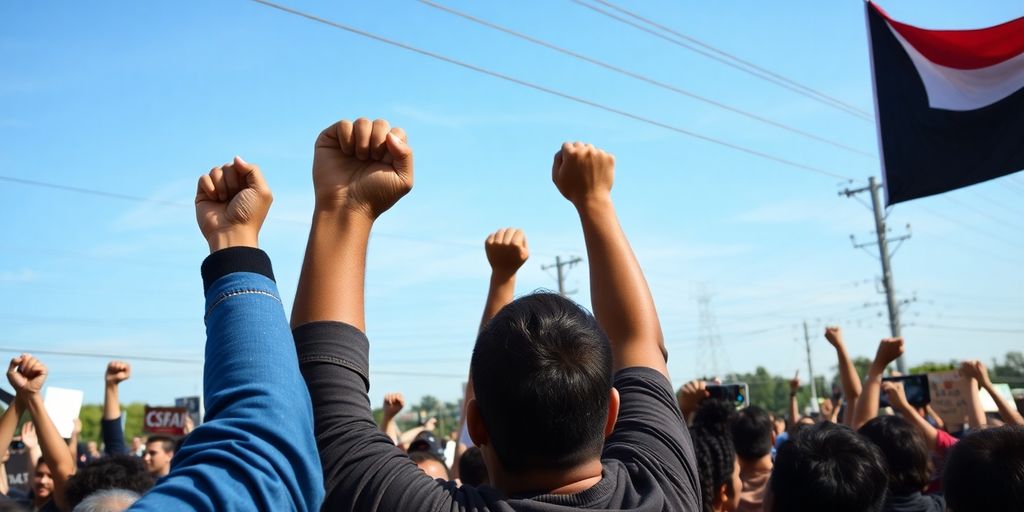Kosovo’s business community is up in arms over impending electricity market liberalization, which they fear will drastically increase their power bills. Hundreds of business owners blocked roads into Pristina, demanding a delay to the new regulations and a more gradual transition to the open market.
Businesses Protest Soaring Electricity Costs
On May 29, 2025, hundreds of business owners in Kosovo staged protests, blocking major roads leading into the capital, Pristina. Their discontent stems from a new energy directive set to take effect on June 1, which mandates that companies with over 50 employees or an annual turnover exceeding 10 million euros purchase electricity from the open market. Businesses warn this change could lead to a 200-300% increase in their electricity costs, potentially tripling their bills.
Shaqir Palushi, owner of beverage company Frutex, stated his yearly power bill could surge to 1.3 million euros. Businesses are not entirely against market liberalization but are requesting a one-year grace period to invest in renewable energy solutions like solar panels and battery storage to mitigate the impact.
Key Takeaways
- Businesses in Kosovo are protesting the imminent liberalization of the electricity market.
- The new directive, effective June 1, requires larger companies to buy power from the open market.
- Protesters fear electricity bills could increase by 200-300%.
- They are demanding a one-year transition period to allow for investments in self-production capabilities.
- The government, led by Prime Minister Albin Kurti, has indicated it will not back down, citing the transfer of costs to households.
Government Stance and EU Aspirations
Prime Minister Albin Kurti has remained firm on the implementation of the new directive. He argued that delaying the measure would merely shift energy costs from the approximately 1,200 affected companies to household consumers. The Energy Regulatory Office (ERO) announced the market liberalization in March, framing it as a commitment to market reforms and a condition for Kosovo’s potential membership in the European Union.
Kosovo, one of Europe’s poorest nations, generates over 90% of its power from two aging coal-fired plants but relies heavily on imports to cover shortfalls. Last year, the government spent 114 million euros on imported electricity.
Concerns Over Market Readiness and Transparency
Both the Kosovo Chamber of Commerce (KCC) and the American Chamber of Commerce in Kosovo have voiced significant concerns. The KCC reported that out of 19 licensed power companies, only one, KESCO, had made an offer to customers, at a price significantly higher than current regulated rates. They also claim the ERO’s decision was made without proper analysis or consultation with stakeholders and have threatened a
Sources
- Kosovo businesses urge delay of power market liberalization – report | Kosovo Politics News, SeeNews.
- Haradinaj on Luan Dalipi’s brother: The energy mafia is no longer hiding, what more needs to happen than
that, people?, Gazeta Express. - Kosovo businesses block roads over power price hike, Reuters.
- Kosovo’s electricity market liberalization sparks protest by businesses, Balkan Green Energy News.
- Kosovo businesses block roads over power price hike, Global Banking | Finance | Review.






